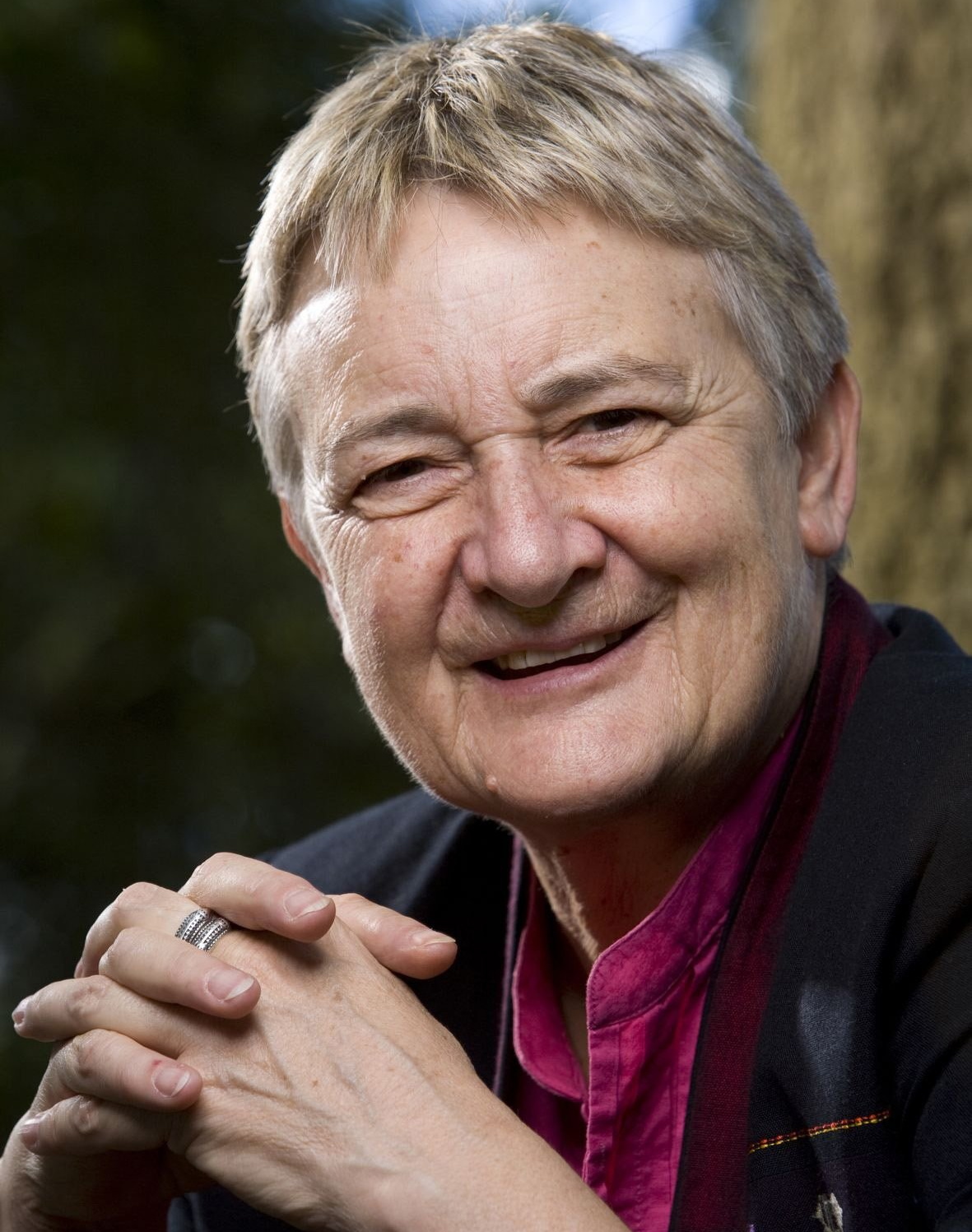
Such flippancy may be unbecoming of the people’s select committee on pay equity, a very serious undertaking, albeit one with no standing and little chance of actually achieving immediate change.

The committee is a cross-party undertaking - there are four former MPs apiece from Labour and National on it, alongside Bond and former Green MP Sue Bradford.
Unlike an actual select committee, it has no power to summon witnesses, recommend amendments (although that ship has sailed given the offending legislation was passed under urgency) or have its report entered into the parliamentary record.
That is not stopping Dame Marilyn and her merry band doing every thing but though... it has already held four days of public hearings, receiving written and in person submissions from a range of unions, academics and organisations affected by the law change.
A couple of the submissions thus far (and there are six more sessions scheduled) have had a strong southern flavour.
Of the many female-dominated workforces which have presented, the New Zealand Nurses Organisation was among the most forceful. Submitters included senior pay equity practitioner Glenda Alexander (a former Otago organiser and Labour’s defeated Waitaki candidate in 2014) and president Anne Daniels, a nurse at Dunedin Hospital and a leading figure in last year’s save the new Dunedin hospital campaign.
‘‘The fact we are still fighting against gender discrimination and for equity in all aspects of our lives is a condemnation of successive governments that have failed every women in our past, present and future,’’ Daniels thundered.
As the representative body of 61,000 healthcare workers, Daniels et al had plenty of disgruntlement to fuel them.
‘‘NZNO has consistently called for equal pay and equal conditions for every nurse, everywhere, for many years,’’ she continued.
NZNO-represented nurses won pay equity in 2023, but there are many other healthcare workers who were not part of that successful case. Many of those workers were affected by law change, and the ramifications are much wider - those now comparatively underpaid nurses (by about 24%) are now snapping up hospital jobs, exacerbating staffing shortages in sectors such as aged care.
No prizes for guessing the gender of most aged care workers
‘‘We are being dragged back to the dark ages when women had few rights and protections equal to that of a man,’’ Daniels said.
‘‘The impetus for these changes was to save the state billions of dollars on the backs of women, which have already been bent to breaking point with unsafe workloads and unsafe staffing.’’
Alexander said NZNO had nine pay equity claims under way when the guillotine fell; Plunket and hospice nurses were the most advanced. Resourcing for claims, and particularly for training staff in the area, were a major drain on union resources she said.
‘‘What seemed to us to be a nonsense was that we had to repeat raising claims for every different discipline of nursing: as far as we were concerned we had probed our case with the DHB/Te Whatu Ora nurses. They are all equally qualified, they just choose to work in different settings.’’
On day four of the hearings Erin Jackson, of social change agency Project Gender, zoomed in from Queenstown.
She said previous research by Project Gender had shown that pay equity was women’s number one issue but, believing the process was in hand, the group had focused on women’s health issues instead. Which was valuable, but which meant they were blindsided when the law change was unveiled.
‘‘Pay equity is not just a technical issue of wage adjustments, it is about justice, dignity, and ensuring that women are fully recognised for the work that they do. It is about correcting generations of structural inequity,’’ she said
Suffice to say, Jackson did not feel that women’s voices had been central in the process at all, despite the gender of the responsible minister, Brooke van Velden.
‘‘Pay equity has been framed as a matter of compliance and cost rather than justice and social progress... our research isn’t abstract numbers, it represents real people and lived experiences. It’s women working long hours for low pay. It’s the mental load of trying to make ends meet,’’ Jackson said.
‘‘Pay equity is not a favour to women, it is the fulfilment of a democratic promise that all work is valued fairly.’’
Ultimately, in a legal sense, all this matters not one jot. The one thing this panel has in common with most select committees is that the government will likely to ignore any attempt to alter its precious legislation.
Some submitters have said that they are having their say to convince the opposition parties to repeal the Act should they be in the next government. Given the many of hours of filibustering which went into opposing this law change, there are unlikely to be any opposition MPs who need to hear further evidence on that score.
But in a moral sense it matters a great deal. Dame Marilyn has enormous mana, and (likely later this year) when she presents the committee’s report she will be flanked by women who have been National and Labour Cabinet ministers.
The symbolism will be powerful, and will resonate going into 2026 - which will be an election year.














